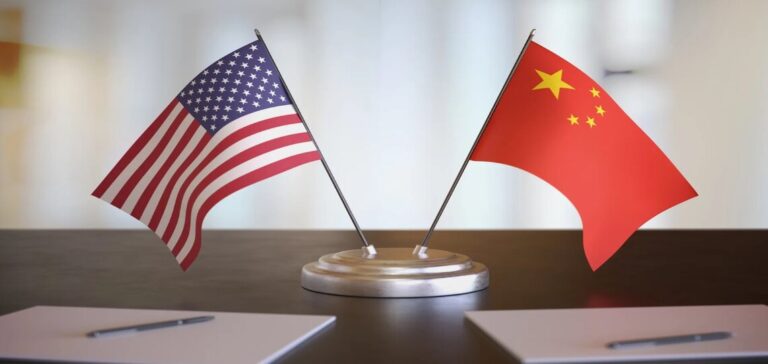COP27, after the visit of Nancy Pelosi, in Taiwan, China stops the climate negotiations with the United States. This decision suggests a serious challenge at the United Nations conference in November.
Sino-American tensions
Prior to COP27, this tension resulted from China’s request to be removed from the list of developing countries. Indeed, this request from the US Senate would change China’s position in the negotiations. Thus, relations between the two powers are tense before the international meeting in Egypt.
In the upcoming negotiations, China will seek a new partnership with developing countries. The objective will be to stimulate investment in renewable energy. It will also be a matter of pushing back trade barriers made in the name of environmental protection.
Proposals for a global clean energy partnership are emerging. China was committed to channeling investment and reducing the costs of implementing these energies. Beijing will probably turn to the BRICS, the African Union and Southeast Asia.
China, which is focusing its development on clean energy, plans to use coal for several more years. Coal accounts for 65% of the country’s production and is not expected to decrease until 2030. The cause would result from the difficulties linked to the economic situation such as Covid-19 or the energy crisis.
Carbon tax
In addition, the country is concerned about the decision by developed regions to push developing countries to accelerate decarbonization. The objective is to increase the price of carbon. Thus, Chinese Foreign Minister Wang Yi states:
“In the face of global challenges, all parties should reject unilateralism, geopolitical rivalry and green barriers.”
The border carbon adjustment mechanism (CBAM) is a likely solution. Discussions between the European Union and the WTO are underway. China is the EU’s largest trading partner for products covered by CBAM, such as steel.
Beijing is concerned that this mechanism will have a negative impact on data security. In addition, the country says that a costly carbon tax would negatively affect the cost competitiveness of export products. Furthermore, COP27 is an opportunity for China and the European Union to discuss this mechanism.
In addition to COP27, the question remains about China’s participation in the Climate Club. This meeting, promoted by Olaf Scholtz and adopted by the G7, aims to accelerate international climate action. Thus, one of the objectives of this format is to allow countries to establish partnerships in energy.






















